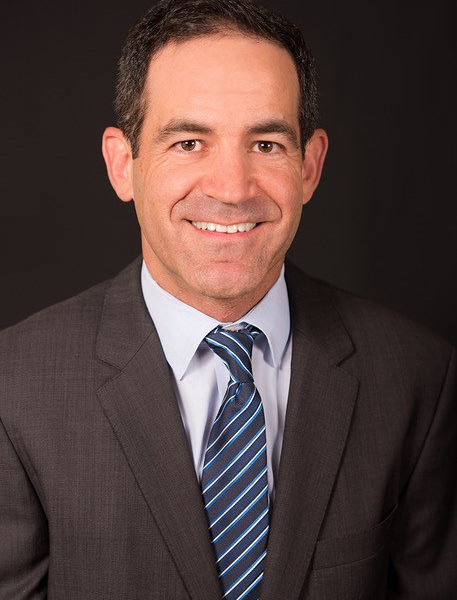A new report shows the changing landscape of Jewish education from the COVID-19 pandemic and its effect on Jewish educators – from a shift to more full-time work, to a rise in demand for essential Jewish education services, to a growth of national educational offerings, and more. Led by CASJE (Consortium for Applied Studies in Jewish Education) and conducted by Rosov Consulting, the study, “Facing the Future: Mapping the Marketplace of Jewish Education during COVID-19,” draws on interviews and focus groups from this summer with individuals who hire Jewish educators in overnight and day camps, Hillels, day schools, congregations and afterschool programs, JCCs and early childhood centers.
“This is an exceptionally difficult time to be leading a Jewish educational institution,” says Alex Pomson, Ph.D., principal and managing director of Rosov Consulting. “This study is the story of the pandemic through the eyes of the workforce in Jewish education. Community leaders, parents with young children, and the youth themselves are both drivers of change affecting educators and are impacted by these changes too.”
“It is both instructive and inspiring to learn how Jewish educational and communal leaders are finding creative ways to reorient in this moment,” adds Arielle Levites, Ph.D., managing director of CASJE housed at The George Washington University. “We were struck by how extensively educational leaders are in touch with each other across the country for input and inspiration. There is always more than one way forward. And, as this report shows, there are also structural elements regarding how Jewish education is organized that create particular challenges and opportunities for different kinds of programs and institutions. Patterns emerge even as each community has its own unique makeup.”
buy cymbalta online
Facing the Future shares data in eight communities, but the researchers believe they are representative of more widely occurring changes and trends, including the following:
- COVID-19 has exacerbated preexisting features of the Jewish education marketplace.
- The supply of and demand for Jewish educators already was strongly colored by local circumstances. The pandemic’s uneven impact across the country aggravated those features.
- Having more leeway to offer in-person services than public institutions has been a boost for some Jewish afterschool programs, congregations and day schools. In some regions, demand has increased for these offerings, resulting in organizations hiring up in order to keep pace.
- In other parts of the country, providers in these same sectors are in some cases cutting back their staff in order to make ends meet due to uneven or declining demand.
- These differences have been further accentuated by another phenomenon. Those sectors that provide services that parents can’t do without – childcare and day school education –seem to be emerging from the present moment in much better shape.
- They have responded to the moment vigorously, although exactly what business models will prove sustainable for the early childhood sector is uncertain.
- Those sectors whose services are perceived to be a luxury or whose value is not fully appreciated – congregational schools and local-level youth work stand out in this respect – have been severely challenged and have seen significant cuts in staff.
- The landscape in respect to these sectors being challenged will likely look quite different once the pandemic is over.
Even with communities experiencing their own unique challenges, the researchers identify some general patterns around the hiring practices and needs of Jewish educational institutions:
- Whether providers are staffing up or staffing down, they are now more likely to look for full-time than part-time staff.
- When in-person programming is offered, health regulations make it riskier for employers to hire part-time staff and also make the work less appealing to the part-timers.
- When programs are remote, organizations can add to the hours of their best performers, wherever they’re located, and offer a product of consistently higher quality.
- This shift from part-time to full-time staffing is of more than technical significance. Many education leaders have long argued that it would be difficult to professionalize the field of Jewish education when filled with so many part-timers. The current moment has created a chance to take a significant step forward in this respect.
buy depakote online
- Whatever the state of demand for their services, there is also tremendous consistency in terms of what employers are looking for among those they hire.
- No one knows if or when they may have to switch from in-person to remote programming, or how long they will have to continue in remote mode. They want to make sure their staff have the technological know-how to deliver education under any circumstance.
- No less important, and in some sectors even more important, employers are looking for staff who are responsive to the social and emotional – mental health – needs of participants. Children, young adults and parents have been traumatized by their experiences of the last six months, and educators need to be sensitive to these circumstances. Today, this is their first order of business whichever population they seek to engage.
buy dilantin online
CASJE’s multi-year research project examining the career trajectories of Jewish educators is generously funded by the William Davidson Foundation and Jim Joseph Foundation.






